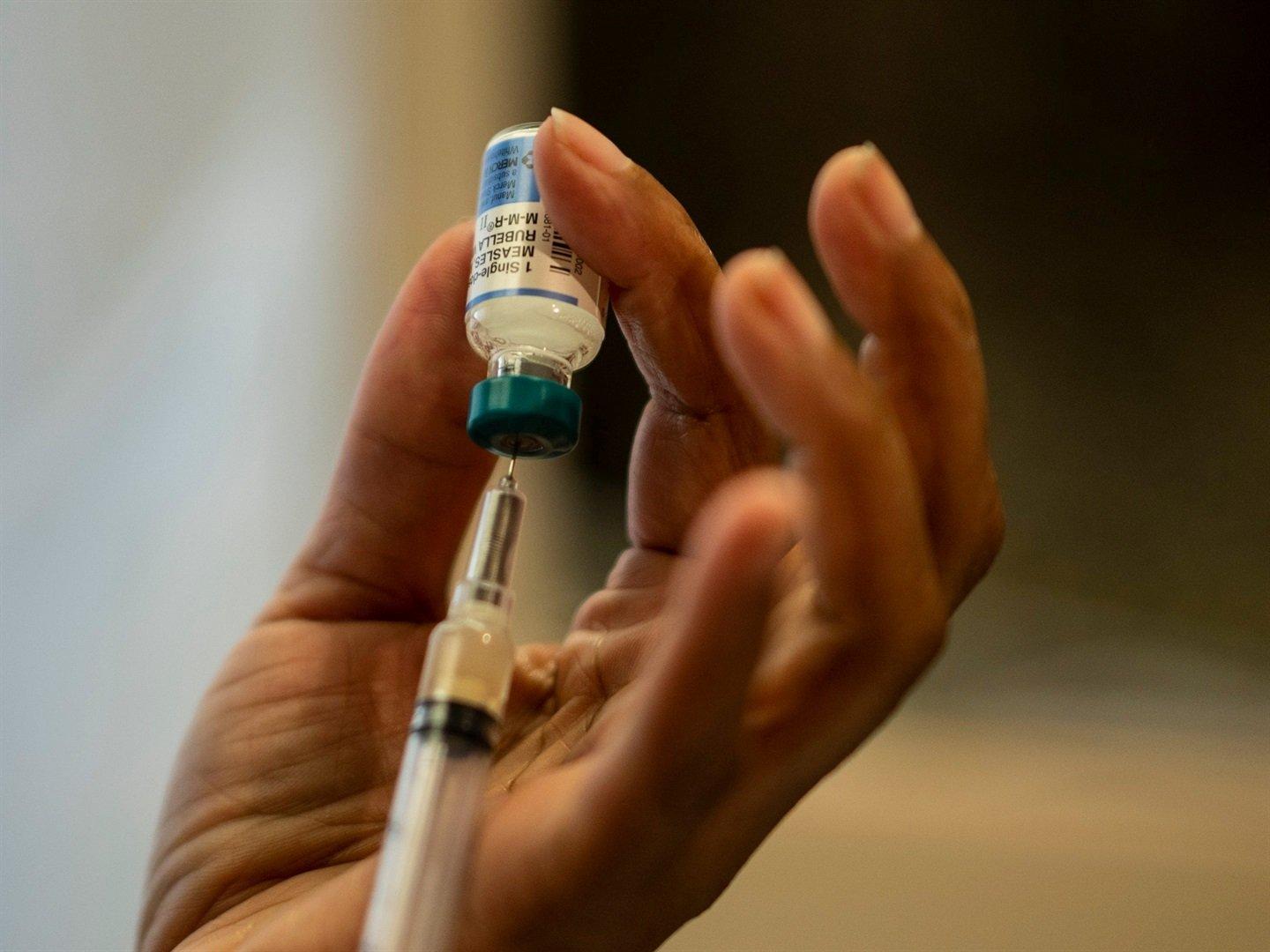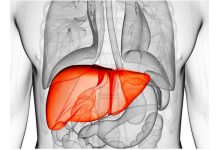Africa-Press – South-Africa. The viral infection, predominantly affecting children between the ages of five and nine, can be avoided through vaccination.
Mumps causes painful swelling of the parotid and/or salivary glands, and is generally a mild childhood disease.
People who have had mumps are usually protected for life against another mumps infections. However, second occurrences of mumps occasionally happen.
The NICD said that mumps reporting has been inconsistent, as it is not classified as a notifiable medical condition (NMC) and is not included in any formal surveillance programme.
“Since February 2023, the NICD has received a number of queries related to possible clusters or outbreaks of mumps in different provinces,” the organisation said in a statement.
It continued:
Based on the review, the NICD found that the annual percent-positivity for 2023 is 69%, compared to 39% in 2019 (the previous peak).
The tests also showed an increase in positive tests among those aged four and younger (84% in 2023) and the five- to nine-year age category (83%).
According to the NICD, recent data shows “unexpected, steady increases” in positive tests, predominantly in KwaZulu-Natal, Mpumalanga and Gauteng, which “constitutes an outbreak”.
“To limit transmission during an outbreak in countries where mumps vaccination is universally available, public health authorities may recommend an additional dose of the combination measles, mumps and rubella (MMR) vaccine for people who belong to groups at increased risk for getting mumps,” the NICD said.
“These groups are usually those who are likely to have close contact, such as sharing sports equipment or drinks, kissing, or living together, with a person who has mumps. As the MMR vaccine as an intervention is not universally available in South Africa, it is best to seek the advice of your local healthcare provider.”
For More News And Analysis About South-Africa Follow Africa-Press






